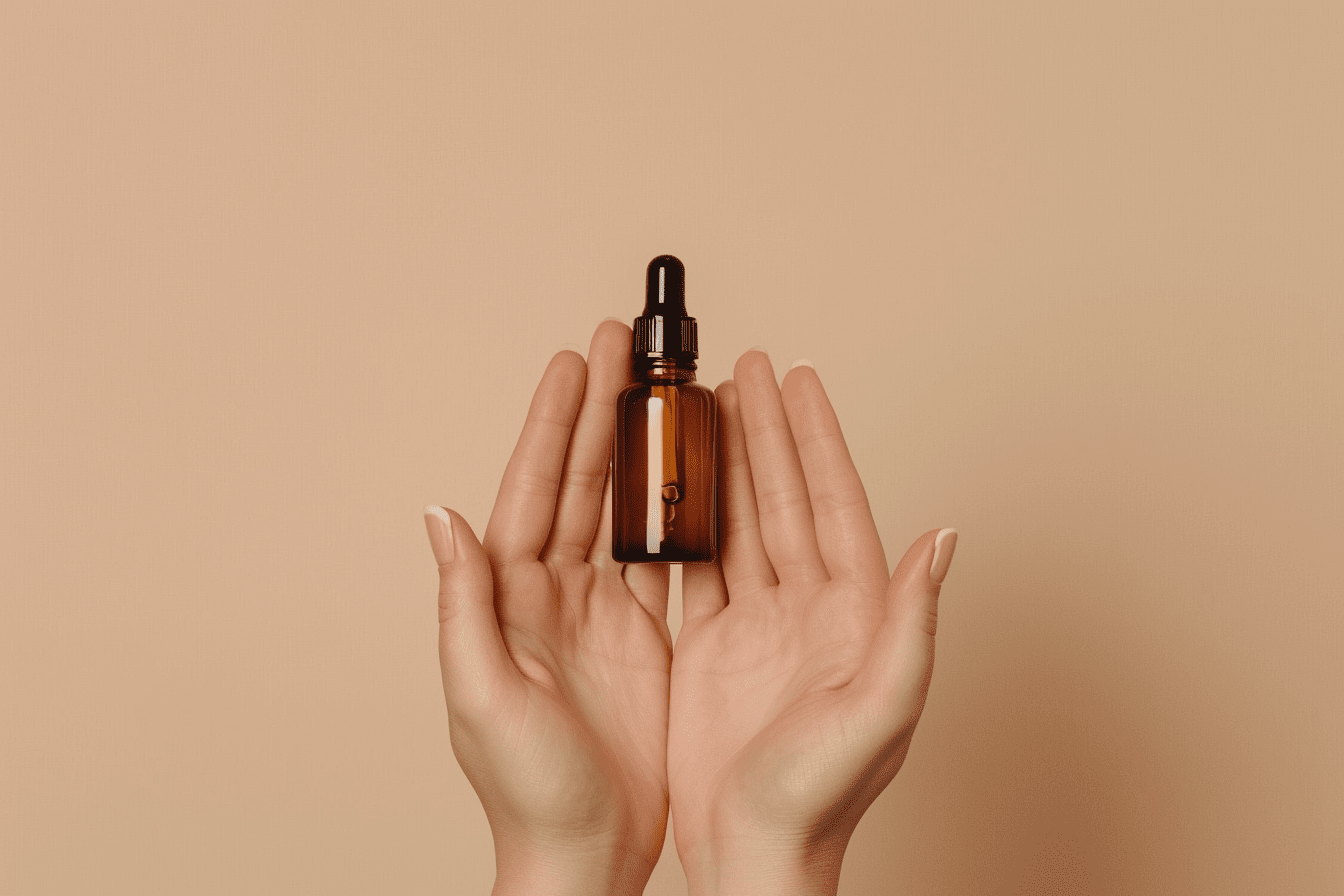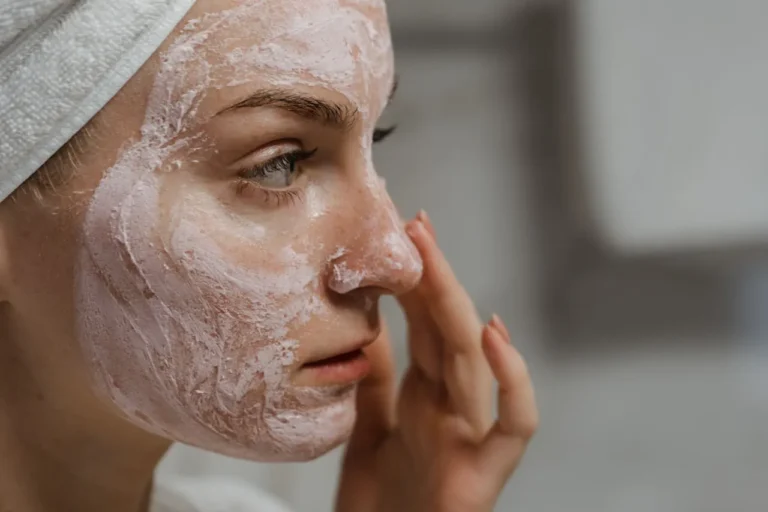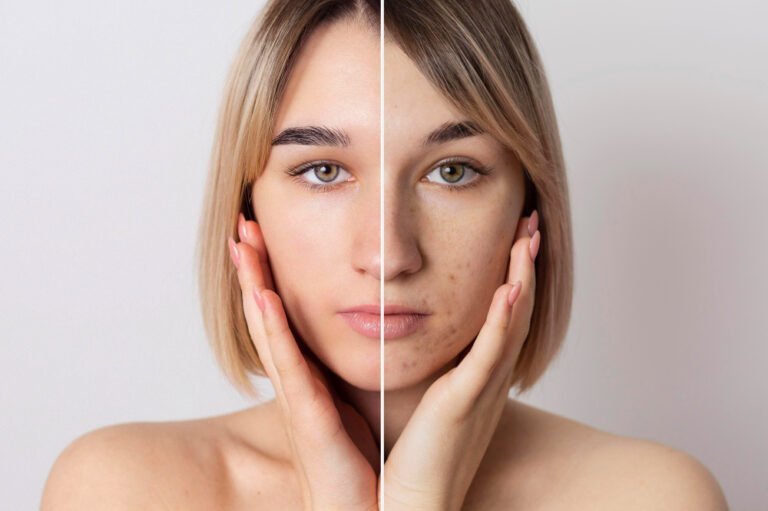The Main Benefits Of Retinol You Should Know
Retinol reduces wrinkles and fine lines, promoting smoother skin. It also treats acne, enhancing overall skin texture.
Retinol, a derivative of Vitamin A, is a potent ingredient in many skincare products. It helps boost collagen production and accelerates skin cell turnover.
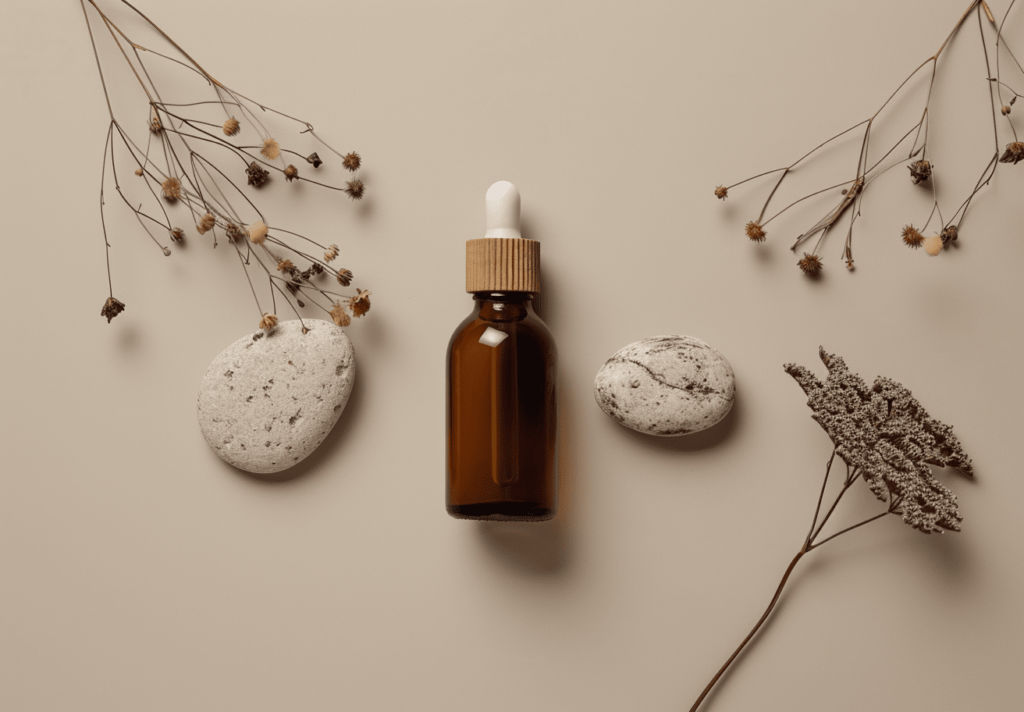
This makes it effective in reducing signs of aging, such as fine lines and wrinkles. Retinol also plays a crucial role in unclogging pores, which can prevent and treat acne.
Its ability to improve skin texture and tone makes it a popular choice among dermatologists and skincare enthusiasts. Incorporating retinol into your skincare routine can lead to a more youthful and radiant complexion.
Always consult with a dermatologist to determine the right concentration for your skin type.
Understanding Retinol
Retinol is a popular ingredient in skincare products and is celebrated for its numerous benefits. Understanding retinol can help you make informed choices for healthier, younger-looking skin.
What Is Retinol?
Retinol is a form of Vitamin A, essential for skin health. It is an over-the-counter ingredient found in many skincare products. Retinol is known for its ability to address various skin concerns.
Here are some key features of retinol:
- Anti-aging: Retinol reduces fine lines and wrinkles.
- Acne treatment: It helps clear acne and prevent new breakouts.
- Skin texture: Retinol improves skin texture and tone.
- Collagen production: It stimulates collagen production, making skin firmer.
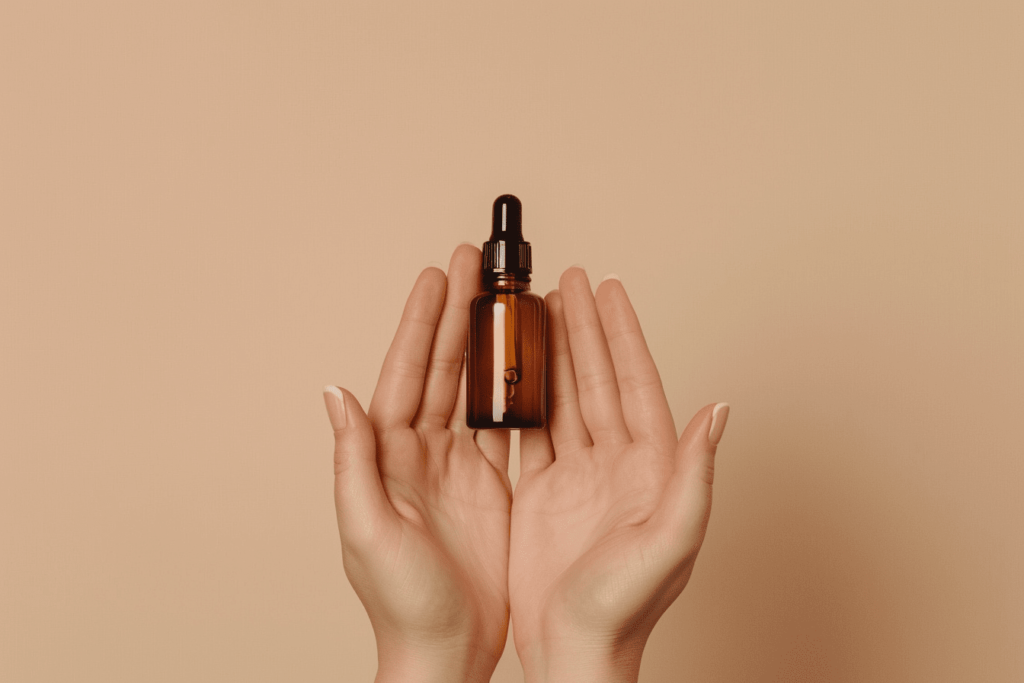
Retinol is different from prescription-strength retinoids, which are more potent. It is a gentler option for those new to Vitamin A treatments.
Here’s a quick comparison:
| Retinol | Retinoid |
|---|---|
| Over-the-counter | Prescription only |
| Gentler on skin | More potent |
| Slower results | Faster results |
How Does Retinol Work?
Retinol promotes cell turnover, which means it helps your skin shed old, dead cells and replace them with new, healthy ones.
Here’s how retinol benefits your skin:
- Unclogs pores: Retinol cleanses pores, reducing acne.
- Boosts collagen: It stimulates collagen production, reducing wrinkles.
- Improves texture: Retinol smoothens rough skin.
- Evens skin tone: It reduces dark spots and pigmentation.
Retinol works at a cellular level. It penetrates the skin’s surface and reaches deeper layers, helping to repair and rejuvenate the skin from within.
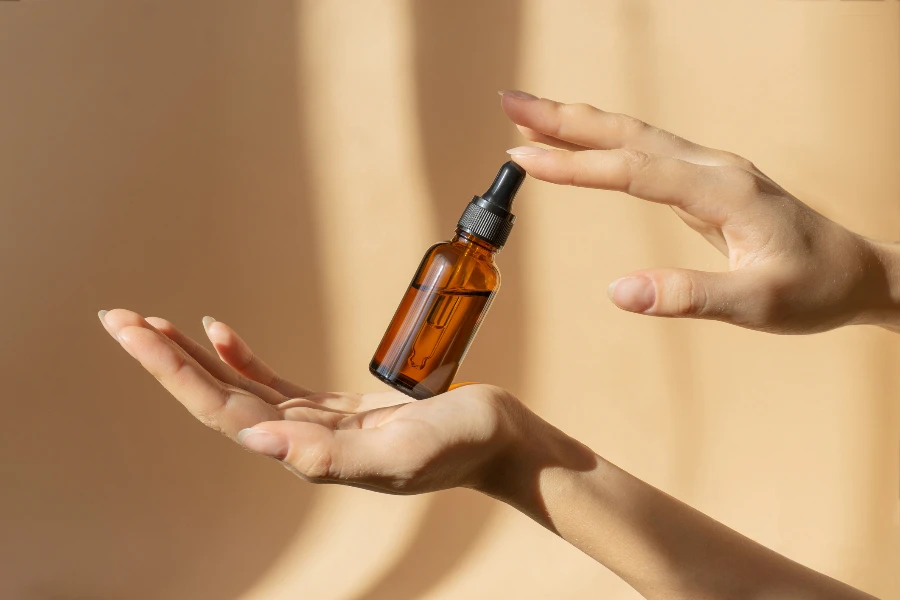
Using retinol can make your skin more sensitive to the sun. Always apply sunscreen during the day to protect your skin.
Introduce retinol gradually into your skincare routine. Start with a lower concentration and increase as your skin adapts.
The Impact On Skin Health
Retinol is a powerful skincare ingredient with numerous benefits. One of its primary advantages is its significant positive impact on skin health. Retinol can transform your skin, making it healthier and more radiant. Let’s explore how retinol benefits skin health, focusing on improving skin texture and reducing fine lines and wrinkles.
Improvement In Skin Texture
Retinol works wonders on skin texture. It helps to smooth out rough patches and make the skin feel softer. Here are some key ways retinol improves skin texture:
- Exfoliates Dead Skin Cells: Retinol promotes cell turnover, which helps remove dead skin cells. This process reveals fresher, smoother skin underneath.
- Reduces Pore Size: Retinol can make pores appear smaller by unclogging them and preventing future blockages, resulting in a more refined skin texture.
- Balances Oil Production: Retinol helps regulate oil production, preventing acne and reducing the appearance of oily skin.
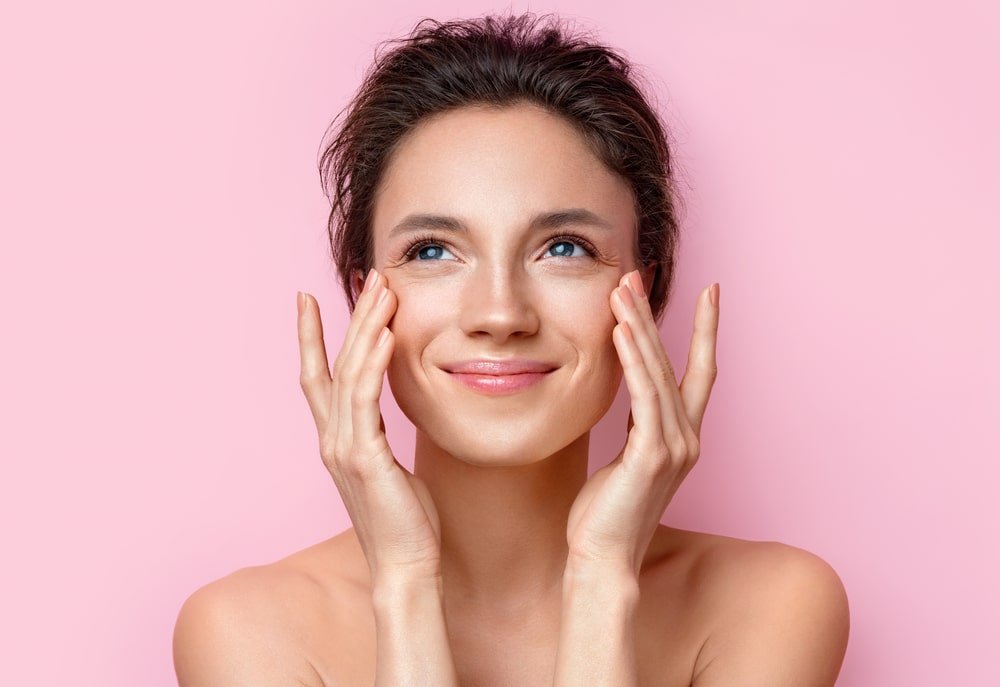
Here is a table summarizing the effects of retinol on skin texture:
| Effect | Benefit |
|---|---|
| Exfoliation | Smoother, fresher skin |
| Reduced Pore Size | Refined texture |
| Balanced Oil Production | Less acne, less oily skin |
Reduction Of Fine Lines And Wrinkles
Retinol is famous for its anti-aging properties. It significantly reduces fine lines and wrinkles, making the skin look youthful. Here’s how retinol helps reduce these signs of aging:
- Boosts Collagen Production: Retinol stimulates collagen production, which helps to firm the skin and reduce the depth of wrinkles.
- Enhances Skin Elasticity: Increased collagen and elastin make the skin more elastic, reducing the appearance of fine lines.
- Improves Skin Hydration: Retinol helps retain moisture in the skin, making it appear plumper and more hydrated.
Here is a table summarizing the benefits of retinol in reducing fine lines and wrinkles:
| Effect | Benefit |
|---|---|
| Increased Collagen | Firmer skin, reduced wrinkles |
| Enhanced Elasticity | Smoother skin, fewer lines |
| Improved Hydration | Plumper, youthful appearance |
Addressing Skin Concerns
Retinol offers numerous benefits, making it a popular choice in skincare. One key advantage is its ability to effectively address various skin concerns. Whether dealing with acne or pigmentation issues, retinol can be a powerful ally in achieving healthier, clearer skin.
Acne Treatment
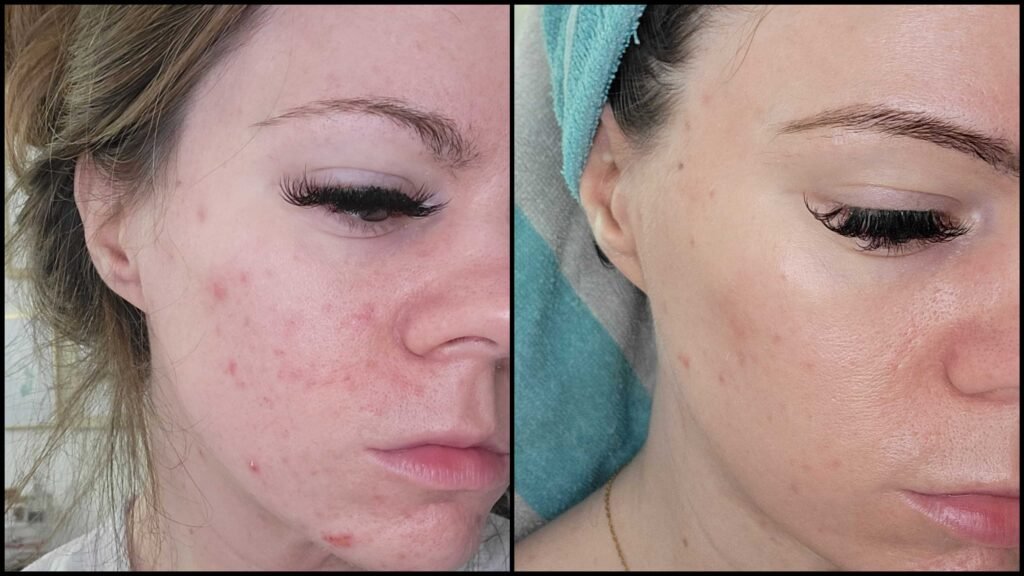
Retinol is renowned for its effectiveness in treating acne. It works by promoting cell turnover, which helps to unclog pores. This process reduces the formation of acne and blackheads.
Here are some key points on how retinol helps with acne treatment:
- Unclogs Pores: Retinol prevents pores from becoming blocked, which is a major cause of acne.
- Reduces Inflammation: Retinol has anti-inflammatory properties, which help reduce the redness and swelling associated with acne.
- Prevents Future Breakouts: Retinol helps prevent future acne breakouts by keeping the pores clear.
Using retinol can also enhance the effectiveness of other acne treatments. For example, combining it with benzoyl peroxide or salicylic acid can provide even better results. Here’s a quick comparison of how retinol stacks up against these other treatments:
| Treatment | Mechanism | Effectiveness |
|---|---|---|
| Retinol | Promotes cell turnover | High |
| Benzoyl Peroxide | Kills bacteria | Moderate |
| Salicylic Acid | Exfoliates skin | Moderate |
Incorporating retinol into a skincare routine can significantly improve acne-prone skin. Start with a low concentration and gradually increase it to avoid irritation.
Pigmentation Correction
Retinol is also highly effective in correcting pigmentation issues. It helps to fade dark spots and even out skin tone. Here’s how retinol addresses pigmentation:
- Inhibits Melanin Production: Retinol reduces the production of melanin, which is responsible for dark spots.
- Promotes Cell Renewal: Retinol helps shed pigmented cells faster by accelerating cell turnover.
- Brightens Skin: Regular use of retinol results in a brighter and more uniform complexion.
Here is a simple guide to using retinol for pigmentation correction:
- Start Slow: Begin with a low concentration to allow your skin to adjust.
- Apply at Night: Use retinol in your nighttime routine to avoid sun sensitivity.
- Use Sunscreen: Protect your skin during the day with a high-SPF sunscreen.
Retinol can work wonders for pigmentation, but patience is key. It may take several weeks to see noticeable results. Be consistent and follow a proper skincare regimen to achieve the best outcomes.
Considerations For Different Skin Types
Retinol is a powerful skincare ingredient that offers numerous benefits. Understanding how it affects different skin types can help you make the most of your retinol use. Retinol can be tailored to suit your needs, whether you have dry or oily skin.
Benefits For Dry Skin
People with dry skin often worry about using retinol. It can irritate if not used correctly. But, when used properly, retinol offers significant benefits:
- Hydration Boost: Retinol can stimulate collagen production, improving moisture retention.
- Smoother Texture: Regular use helps to smooth rough patches and flakiness.
- Reduced Fine Lines: Retinol encourages cell turnover, reducing the appearance of fine lines.
- Brighter Complexion can help fade dark spots and create a more even skin tone.
Here is a quick guide on how to use retinol if you have dry skin:
| Step | Description |
|---|---|
| 1 | Start with a lower concentration of retinol. |
| 2 | Use retinol every other night to build tolerance. |
| 3 | Always apply a moisturizer after using retinol. |
| 4 | Use sunscreen during the day to protect your skin. |
Benefits For Oily Skin
Those with oily skin can also benefit greatly from retinol. It can help control oil production and reduce acne. Here are some key benefits:
- Reduced Oil Production: Retinol helps regulate sebum production, making the skin less oily.
- Clearer Skin: Promoting cell turnover helps prevent clogged pores and acne.
- Minimized Pores: Regular use can make your pores appear smaller.
- Even Skin Tone: Retinol helps in fading acne scars and hyperpigmentation.
For those with oily skin, follow these steps for optimal results:
| Step | Description |
|---|---|
| 1 | Use a retinol product specifically formulated for oily skin. |
| 2 | Apply retinol at night after cleansing your face. |
| 3 | Introduce retinol slowly to avoid irritation. |
| 4 | Use oil-free moisturizers to keep your skin balanced. |
Potential Side Effects
Retinol is a powerhouse ingredient in the world of skincare. It offers numerous benefits, such as reducing wrinkles, improving skin texture, and treating acne. However, it’s essential to be aware of the potential side effects. Knowing these can help you use retinol safely and effectively.
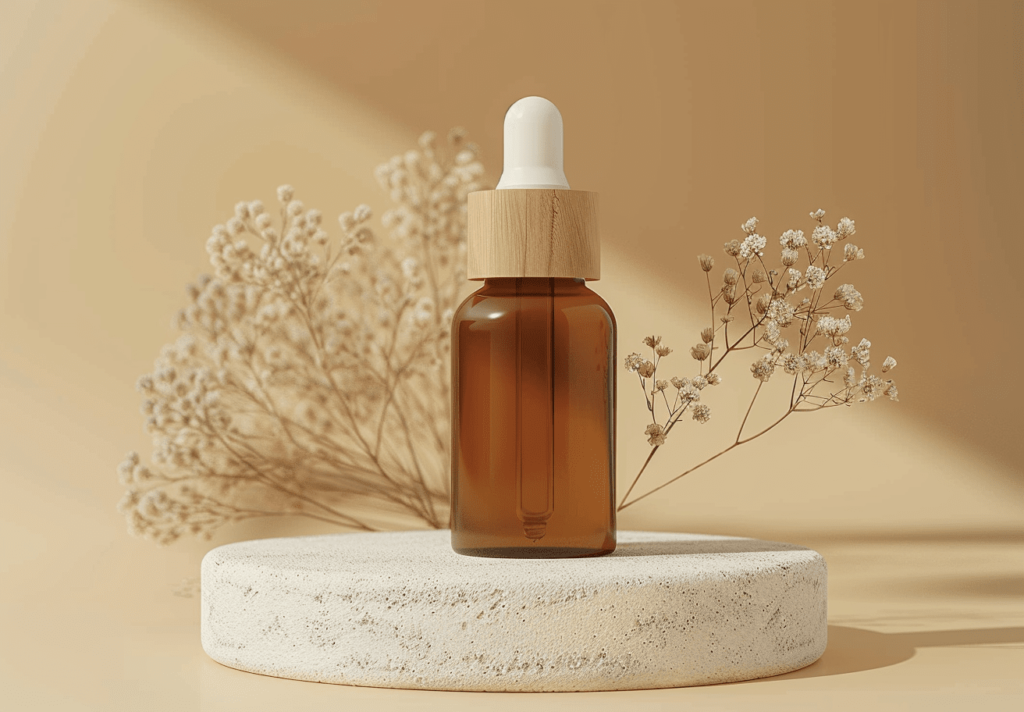
Skin Irritation
Retinol can cause skin irritation, especially for first-time users. The skin might react to the potent ingredient. Symptoms can include:
- Redness: The skin may turn red and feel warmer than usual.
- Dryness: Your skin might feel dry and tight.
- Flaking: Peeling and flaking can occur, particularly in the early stages.
- Stinging: A mild stinging sensation is common when applying retinol.
To minimize irritation, start with a lower concentration of retinol and gradually increase it. Applying a moisturizer after retinol can also help. It’s crucial to follow the instructions on the product label and consult a dermatologist if irritation persists.
Increased Sensitivity To The Sun
Using retinol can make your skin more sensitive to the sun. This side effect is essential to manage. Increased sun sensitivity can lead to:
- Sunburn: The risk of sunburn increases, even with short sun exposure.
- Hyperpigmentation: Dark spots can form due to UV rays.
- Photoaging: Accelerated skin aging from sun exposure is a risk.
To protect your skin, using sunscreen daily while using retinol is vital. Choose a broad-spectrum sunscreen with at least SPF 30. Wearing protective clothing, hats, and sunglasses can offer additional protection. Avoiding direct sun exposure during peak hours, typically between 10 a.m. and 4 p.m., is also wise.
Taking these precautions can help you enjoy the benefits of retinol without the adverse effects of increased sun sensitivity.
Incorporating Retinol Into Skincare Routine
Retinol is a powerhouse in the skincare world, known for its incredible benefits. It promotes cell turnover, reduces wrinkles, and fights acne. Incorporating retinol into your skincare routine can transform your skin, but it’s essential to do it correctly. We will discuss choosing the right product and offer application tips to maximize benefits.

Choosing The Right Product
Choosing the right retinol product is crucial for effective results and minimal irritation. Here are some factors to consider:
- Strength: Retinol comes in various strengths. Beginners should start with lower concentrations (0.25% or 0.5%) to allow the skin to adapt.
- Form: Retinol is available in creams, serums, and oils. Creams are great for dry skin, while serums suit oily or combination skin.
- Ingredients: Look for products with moisturizing ingredients like hyaluronic acid, glycerin, or ceramides to counteract dryness.
Here’s a quick comparison table to help you select the right product:
| Product Type | Best For | Examples |
|---|---|---|
| Cream | Dry Skin | Neutrogena Rapid Wrinkle Repair |
| Serum | Oily/Combination Skin | The Ordinary Retinol 1% |
| Oil | Normal to Dry Skin | Sunday Riley Luna Sleeping Night Oil |
Application Tips
Applying retinol correctly ensures you reap its benefits while minimizing side effects. Follow these steps:
- Start Slowly: Initially, use retinol once or twice a week. Gradually increase the frequency as your skin builds tolerance.
- Nighttime Application: Retinol can make your skin sensitive to sunlight. Apply it at night for maximum effectiveness.
- Pea-Sized Amount: A small amount is sufficient. Overuse can lead to irritation and redness.
- Moisturize: Apply a moisturizer after retinol to hydrate and protect the skin barrier.
Here’s a step-by-step evening routine for using retinol:
- Cleanse: Use a gentle cleanser to remove makeup and impurities.
- Apply Retinol: Wait for your skin to dry completely before applying a pea-sized amount of retinol.
- Moisturize: Follow with a hydrating moisturizer to lock in moisture and soothe the skin.
- Eye Cream: Use an eye cream to protect the delicate skin around your eyes.
Patience is key. Results will show over time, so consistency is crucial. Gradual introduction and proper application will help you achieve glowing, youthful skin.
Maximizing The Benefits
Retinol is a skincare superstar known for its anti-aging and acne-fighting properties. To get the most out of this powerful ingredient, it’s essential to understand how to maximize its benefits. This section covers key strategies like combining retinol with other ingredients and determining the right frequency of use.
Combining Retinol With Other Ingredients
Combining retinol with other ingredients can enhance its effectiveness and reduce potential irritation. Here are some tips:
- Hyaluronic Acid: This ingredient helps to hydrate the skin, reducing the dryness sometimes caused by retinol.
- Niacinamide: Known for its anti-inflammatory properties, niacinamide can soothe the skin and improve its texture.
- Peptides: These proteins help to strengthen the skin barrier, making it more resilient to retinol.
It’s crucial to avoid certain ingredients that can irritate the skin when used with retinol:
- AHAs and BHAs: These exfoliating acids can increase skin sensitivity.
- Vitamin C: Using vitamin C with retinol can lead to redness and irritation.
Here’s a quick comparison of safe and unsafe combinations:
| Safe Combinations | Unsafe Combinations |
|---|---|
| Hyaluronic Acid | AHAs |
| Niacinamide | BHAs |
| Peptides | Vitamin C |
Frequency Of Use
Finding the right frequency of use for retinol can be tricky but crucial for maximizing its benefits:
Beginners: Start by using retinol once or twice a week. This helps the skin build tolerance gradually. Observe how your skin reacts and adjust accordingly.
Intermediate Users: If your skin handles retinol well, increase the frequency to every other night. This ensures a balance between effectiveness and skin health.
Advanced Users: For those with resilient skin, nightly use of retinol can offer maximum benefits. Always monitor for any signs of irritation and scale back if needed.
Here’s a quick guide:
| Experience Level | Frequency |
|---|---|
| Beginners | 1-2 times a week |
| Intermediate | Every other night |
| Advanced | Nightly |
Always follow up with a moisturizer to keep the skin hydrated. Don’t forget to use sunscreen during the day, as retinol makes the skin more sensitive to the sun.
Final Thoughts On Retinol
Retinol, a derivative of Vitamin A, has gained immense popularity in skincare routines. Understanding its benefits can help you make an informed decision.
Let’s dive into the final thoughts on retinol and its impact on your skin.
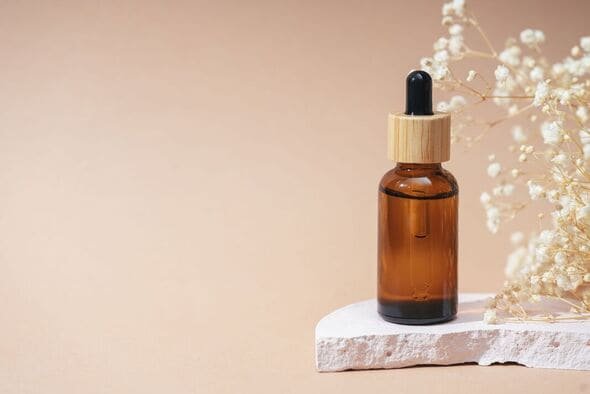
Long-term Skin Health
Retinol offers numerous advantages for long-term skin health. Regular use can lead to smoother, more even-toned skin. Here are some key benefits:
- Reduces fine lines and wrinkles: Retinol stimulates collagen production, which helps to reduce the appearance of fine lines and wrinkles.
- Improves skin texture: It accelerates skin cell turnover, promoting the growth of new cells and enhancing overall skin texture.
- Fades dark spots: Retinol helps to fade dark spots and hyperpigmentation by promoting an even skin tone.
- Prevents acne: It unclogs pores, reducing the occurrence of breakouts and helping to maintain clear skin.
Consistency is key to achieving these benefits. Over time, your skin will appear healthier and more youthful. Here’s a table summarizing the long-term benefits:
| Benefit | Description |
|---|---|
| Reduces Wrinkles | Stimulates collagen production |
| Improves Texture | Promotes new cell growth |
| Fades Dark Spots | Promotes even skin tone |
| Prevents Acne | Unclogs pores |
Consultation With Dermatologist
Before incorporating retinol into your skincare routine, it’s wise to consult a dermatologist. They can provide personalized advice based on your skin type and concerns. Here are some reasons why a consultation is important:
- Customized recommendations: A dermatologist can suggest the best retinol concentration for your skin.
- Identify potential reactions: They can help you identify and manage any potential side effects.
- Proper usage guidance: Learn how to introduce retinol into your routine to avoid irritation.
- Monitor progress: Regular check-ins can help track your skin’s response and adjust the treatment if needed.
A professional opinion ensures you get the most out of retinol without compromising skin health. Your dermatologist can also recommend complementary products to enhance the benefits of retinol.
Scheduling a consultation provides peace of mind and helps you achieve the best possible results. Investing in professional advice can lead to healthier, more radiant skin in the long run.
Frequently Asked Questions
What Are The 3 Retinol Benefits?
Retinol boosts collagen production, reducing wrinkles and fine lines. It speeds up cell turnover, improving skin texture. It also fades dark spots and hyperpigmentation.
What Is The Main Use Of Retinol?
Retinol is primarily used to reduce wrinkles and fine lines. It boosts collagen production and improves skin texture.
What Happens If You Use Retinol Everyday?
Using retinol daily can improve skin texture and reduce wrinkles. Overuse may cause redness, dryness, and irritation. Start with a lower concentration and increase gradually. Always use sunscreen to protect your skin.
How To Know If Retinol Is Working?
You will notice smoother skin, reduced fine lines, and diminished acne. Expect a brighter complexion and fewer dark spots. Results vary.
Conclusion
Retinol offers numerous skin benefits, from reducing wrinkles to improving skin texture. Its powerful properties make it a must-have in your skincare routine. Start incorporating retinol today for healthier, radiant skin. Always consult a dermatologist to ensure it’s right for you.

